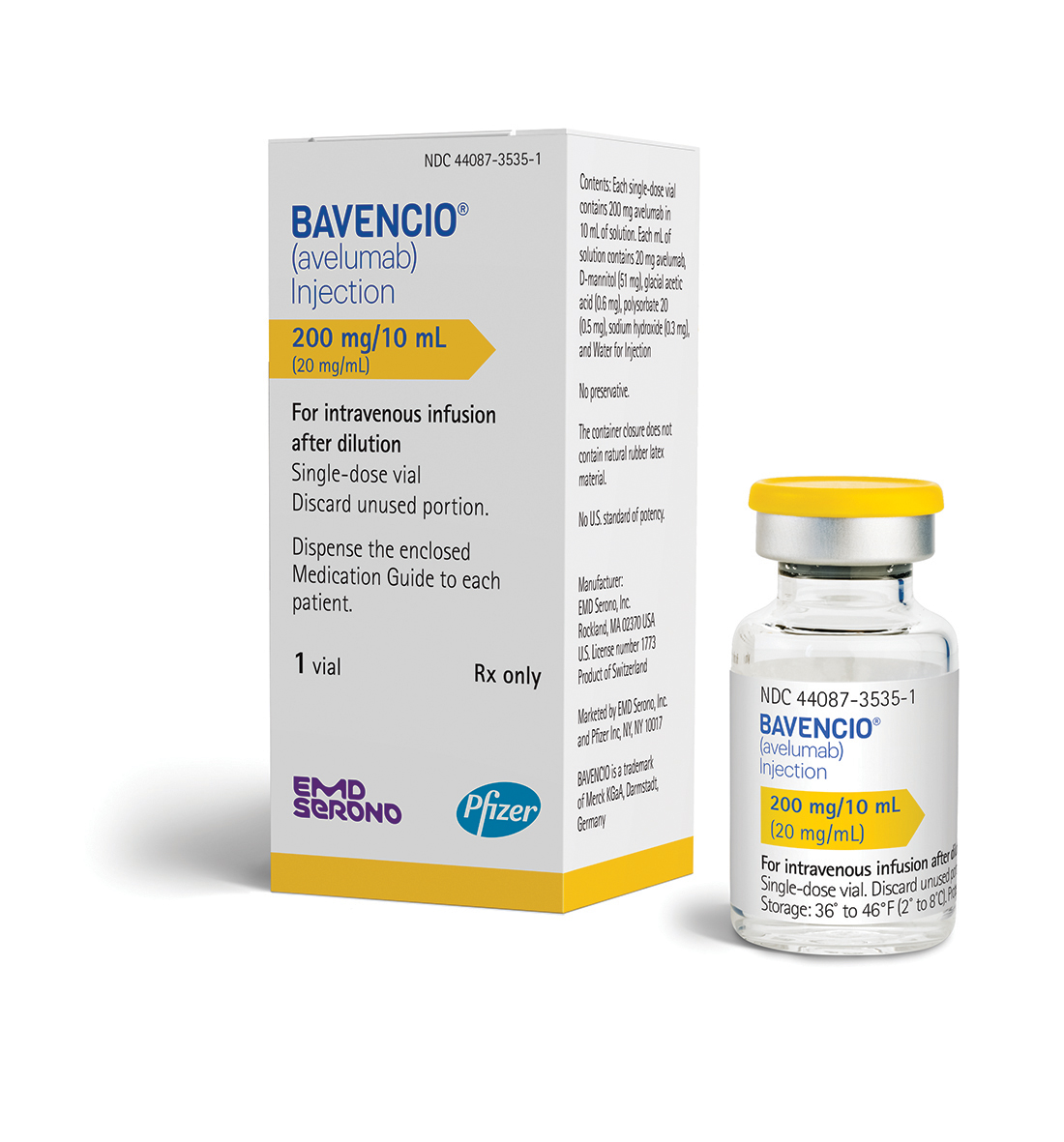First line kidney cancer could get crowded as Merck KGaA/Pfizer join the fray

Competition in first line kidney cancer is heating up after Germany’s Merck KGaA and Pfizer briefed the ESMO conference with detailed results of their combination of the Bavencio immunotherapy and the tyrosine kinase inhibitor drug, Inlyta.
However arch-rival, US-based Merck & Co, had rather taken the wind out of their sails as the conference began late last week by announcing top-line data showing its checkpoint inhibitor Keytruda also works with Inlyta in the same indication, and plans to file the combination with regulators.
Just how this will pan out is unclear: German Merck and Pfizer already have an official collaboration covering the former's Bavencio (avelumab) and the latter's Inlyta (axitinib), so may be better placed to market their combination if it gets approved.
On the other hand US Merck’s Keytuda (pembrolizumab) is already wiping the floor with the competition in a range of indications, and Pfizer could always decide to do a deal with the US firm instead if it chooses.
And don’t forget that Bristol-Myers Squibb already has a foothold in this indication with its immunotherapy combination of Opdivo (nivolumab) and Yervoy (ipilimumab), approved earlier this year.
Nevertheless German Merck’s figures at the European Society for Medical Oncology (ESMO) conference show that the combination is a significant improvement over Pfizer’s old drug Sutent (sunitinib), which had been standard of care in kidney cancer for so many years.
Results from the JAVELIN Renal 101 trial showed median progression-free survival of 13.8 months with Bavencio and Inlyta, compared with 7.2 months with Inlyta in patients whose tumours expressed the biomarker PD-L1. Median PFS in patients irrespective of PD-L1 expression was 13.8 versus 8.4 months.
Confirmed objective response rate was 55.2% with Bavencio and Inlyta and 25.5% with Sutent
JAVELIN Renal 101 was a randomised trial in 886 kidney cancer patients with metastatic renal cell carcinoma, comparing the Bavencio and Inlyta combination with Sutent as first line treatment.
Primary endpoints were PFS and overall survival in patients with tumours expressing the PD-L1 biomarker.
The combination involves giving the most active therapies up front and it is unclear whether this will lead to improved overall survival figures if tumours begin to develop resistance.
Professor Thomas Powles, consultant oncologist at Barts Health NHS Trust, said: “The results are eye catching. The response rates are twice as good as previous standards of care, and progression-free survival is entering into very impressive territory for a randomised trial.
"This approach involves giving combinations of most active agents upfront, therefore there is uncertainty around whether this will translate into a similarly impressive survival signal, as seen with other immunotherapy combinations.”
Merck KGaA said it plans to file results with the FDA, the European Medicines Agency, and other regulators.












